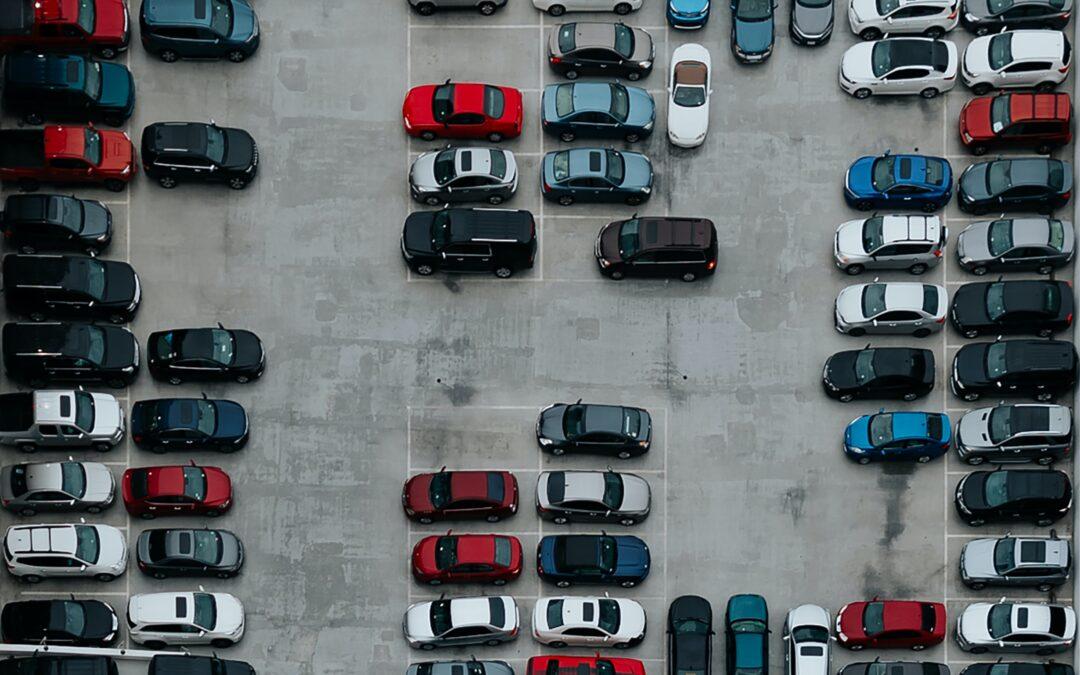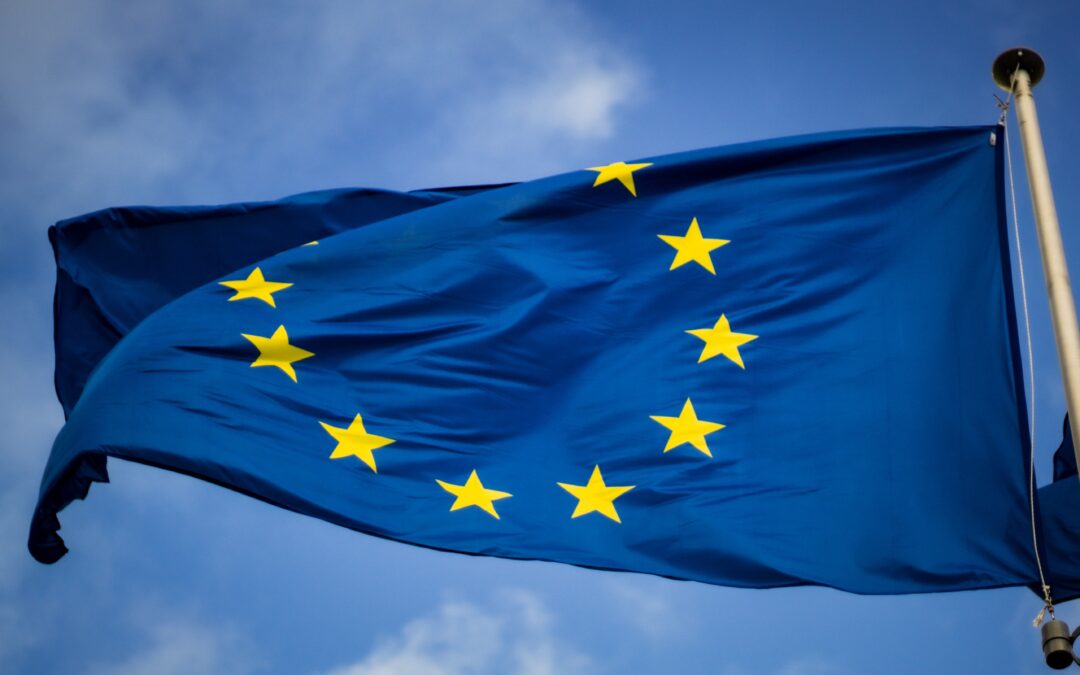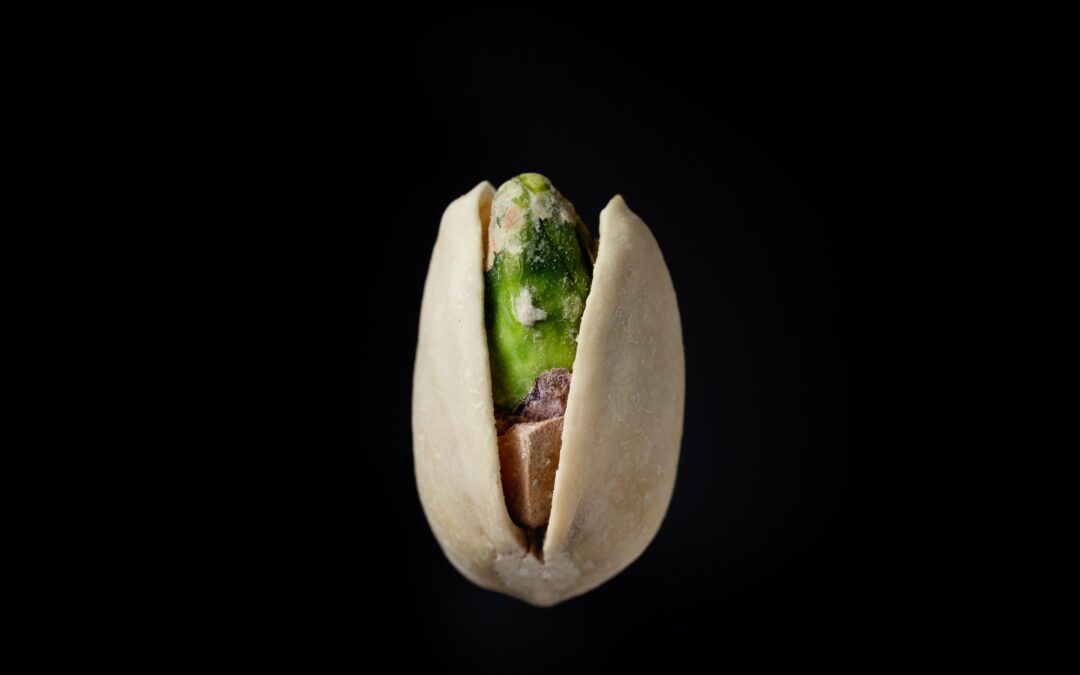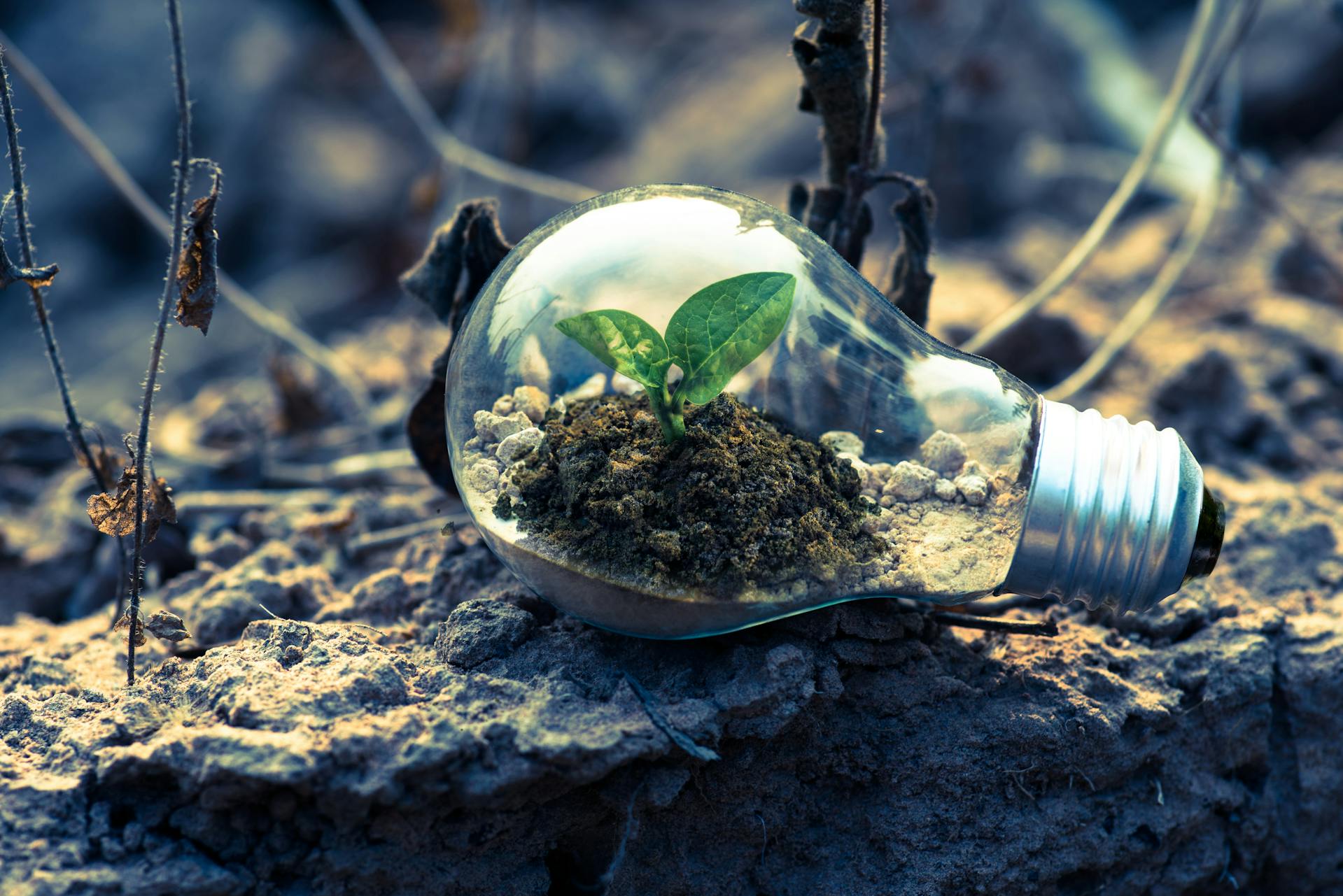Eco-driving index shows erratic progress, but progress nonetheless.


Eco-driving index shows erratic progress, but progress nonetheless.

New study reveals set-top boxes are the biggest source of consumer electricity drain.

Google drops big bucks while some conservationists cry “fowl”.

The march toward a zero-waste society takes another step forward.


On June 8th, we celebrate World Oceans Day. It is an important occasion for everyone because oceans create many of the elements we need to survive. Everything from seafood delicacies to medicine ingredients – it all comes from the deep blue. Similar to our forests, oc...

A colleague lamented recently that while she’s working hard to make her company’s data centers more energy efficient, the people who drive energy consumption within the company seem to be less inclined. This surprised me because at a company as large and respected a...

Even if we divert or eliminate all new waste, landfills will emit greenhouse gas for decades. According to the EPA, U.S. landfills emit about 100 million metric tons of CO2-equivalent (or about 21 million cars) of greenhouse gas annually[1]. Thus it’s no surprise that...

In January the USDA released an updated Plant Hardiness Zone Map (PHZM). The PHZM splits the county in multiple climate zones and is used by gardeners to determine what plants will thrive in their location. The new map represents the first update since 1990 and is des...
Discount Applied Successfully!
Your savings have been added to the cart.